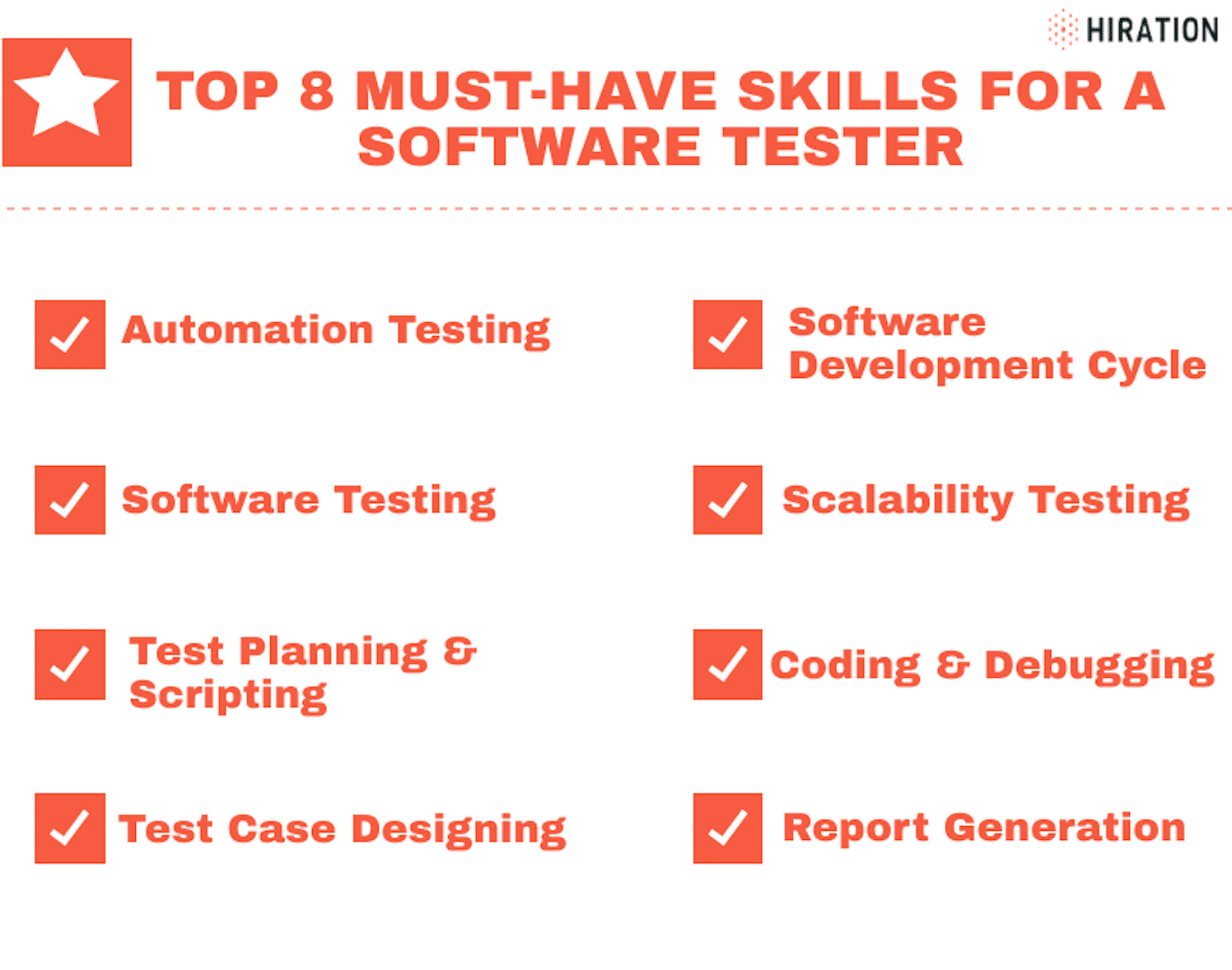Software tester jobs involve a crucial role in the development process of software. From responsibilities to necessary skills, this guide explores the world of software testing in depth.
Whether you’re a seasoned professional or just starting out, understanding the different types of testing methodologies, tools used, and career growth opportunities in this field is essential.
Overview of Software Tester Jobs
Software testers play a crucial role in the software development process by ensuring that the software meets quality standards and functions correctly before it is released to the market.
Role of a Software Tester
- Identifying and documenting software defects or bugs.
- Creating and executing test cases to ensure the software functions as intended.
- Collaborating with developers to troubleshoot and resolve issues.
- Providing feedback on usability and user experience.
Responsibilities of a Software Tester
- Developing test plans and strategies.
- Executing test cases and analyzing results.
- Reporting defects and tracking their resolution.
- Verifying fixes and validating software changes.
Importance of Software Testers
Software testers are essential in ensuring that the software is of high quality, functions correctly, and meets user expectations. By identifying and fixing bugs early in the development process, testers help prevent costly issues and improve overall software reliability.
Skills Required for Software Tester Jobs

Software testing requires a specific set of skills to ensure that applications and systems perform as intended. Let’s explore the key skills needed for a software tester and understand their importance in this role.
Attention to Detail
Attention to detail is crucial for software testers as they are responsible for identifying even the smallest defects in a system. By meticulously examining code, running tests, and documenting results, testers can ensure that the software meets quality standards.
Communication Skills
Effective communication skills are essential for software testers to collaborate with developers, stakeholders, and other team members. Testers need to clearly convey testing results, issues, and recommendations to ensure that any defects are addressed promptly and accurately.
Types of Software Testing: Software Tester Jobs

Software testing is a crucial part of the software development process, ensuring that the software meets quality standards and functions as expected. There are various types of software testing methodologies used to achieve this goal, each with its own unique approach and benefits.
Manual Testing vs Automated Testing
- Manual Testing:
- Requires testers to manually execute test cases without the use of automation tools.
- Allows for a more exploratory approach, enabling testers to uncover unexpected issues.
- Best suited for ad-hoc testing, usability testing, and exploratory testing.
- Automated Testing:
- Involves the use of automation tools to execute test cases and compare actual outcomes with expected outcomes.
- Provides faster test execution, increased test coverage, and repeatability.
- Best suited for regression testing, performance testing, and load testing.
Role of Exploratory Testing
Exploratory testing is an approach to software testing that focuses on exploration and discovery. Testers are given the freedom to explore the software, learn about its behavior, and design test cases on the go. This method is particularly useful for uncovering defects that may not be found through scripted testing. Exploratory testing helps in identifying usability issues, understanding user behavior, and improving overall software quality.
Tools and Technologies Used in Software Testing
Software testers utilize a variety of tools and technologies to ensure the quality and functionality of the software being developed. These tools help in automating the testing process, managing test cases, and tracking bugs efficiently.
Common Tools Used by Software Testers
- Selenium: An open-source tool used for automating web browsers.
- JIRA: A popular tool for bug tracking, issue tracking, and project management.
- JUnit: A unit testing framework for Java programming language.
- Postman: A tool for API testing and automation.
- LoadRunner: Used for performance testing to simulate user traffic on a system.
Importance of Version Control Systems in Software Testing
Version control systems like Git are crucial in software testing as they allow testers to keep track of changes made to the codebase. Testers can easily collaborate with developers, revert to previous versions if needed, and maintain a consistent test environment across different teams.
Role of Bug Tracking Systems in the Testing Process, Software tester jobs
Bug tracking systems such as Bugzilla or Redmine play a vital role in the testing process by providing a centralized platform to report, track, and manage bugs found during testing. Testers can prioritize and assign bugs to developers, track the status of each issue, and ensure that all bugs are resolved before the software is released to the end-users.
Career Growth and Opportunities for Software Testers

Software testers have various career paths they can pursue as they gain experience and expertise in the field. Some potential career paths for software testers include:
Quality Assurance Lead/Manager
- Responsible for overseeing the quality assurance process for a project or team.
- Manage a team of testers and coordinate testing activities.
- Develop and implement testing strategies and processes.
Automation Test Engineer
- Specialize in creating and maintaining automated test scripts.
- Utilize tools like Selenium, Appium, or JUnit for automated testing.
- Work closely with developers to integrate automated tests into the continuous integration pipeline.
Software Test Architect
- Design and implement testing frameworks and strategies for complex software systems.
- Provide technical leadership and guidance on testing best practices.
- Collaborate with stakeholders to ensure testing meets business requirements.
Certifications can play a crucial role in enhancing a software tester’s career by validating their skills and expertise. Certifications such as ISTQB (International Software Testing Qualifications Board) or CSTE (Certified Software Test Engineer) can demonstrate a tester’s proficiency in software testing principles and practices. Employers often look for candidates with relevant certifications to ensure they have the necessary knowledge and skills to excel in the role.
The demand for software testers remains high in the current job market, as organizations increasingly prioritize software quality and reliability. With the rise of agile and DevOps practices, the need for skilled testers who can ensure rapid and high-quality software delivery is more critical than ever. Software testers with expertise in automation testing, performance testing, and security testing are particularly in demand, as organizations seek to streamline their testing processes and deliver robust software solutions to market quickly.
Epilogue
In conclusion, software tester jobs offer a rewarding career path for individuals with a passion for quality assurance and technology. Stay updated with the latest trends and advancements to excel in this dynamic industry.
